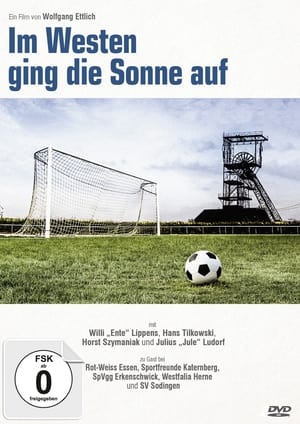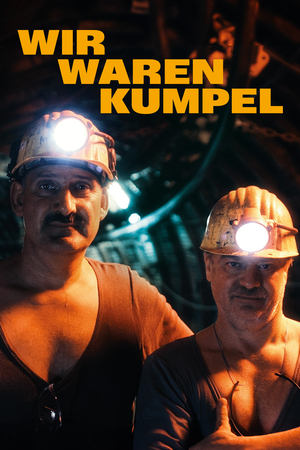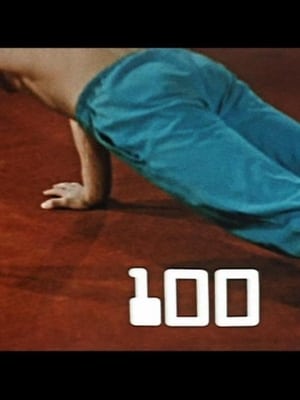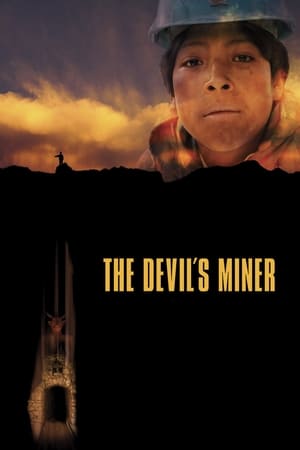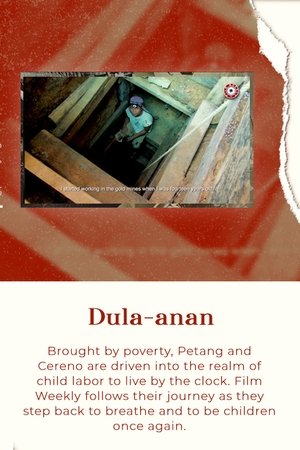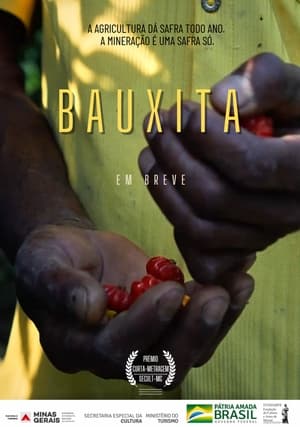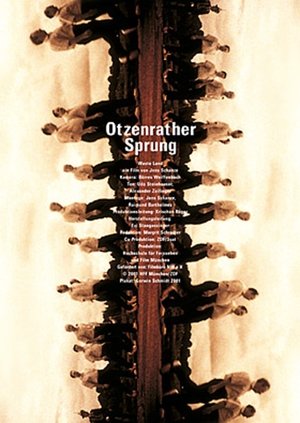Overview
In 1990, when Bischofferode entered the market economy, potash production in East Germany was in third place in the world's export ranking and in West Germany in fourth place. Bischofferöder Kalisalz is of a special quality and the plant therefore had loyal customers in Western Europe, especially in Scandinavia, even before the fall of the Wall. In the West, there is a major competitor - BASF subsidiary Kali und Salz AG from Kassel. The film reconstructs the mega-deal in one of the world's most important raw materials markets. The so-called potash merger was the biggest economic deal of German reunification, which has cost the taxpayer almost two billion euros to date. The Free State of Thuringia - the federal state with the best potash deposits in Germany - is still the big loser of the mega-deal today. Thuringia may be rich, but it loses almost all its potash mines, along with Bischofferode, and now has to spend millions of euros each year to rehabilitate and secure its mines.
Reviews
Interview mit dem Regisseur Dirk Schneider.
> Dirk Schneider ist ein Autor und Regisseur, der Filme über die DDR-Geschichte gemacht hat. Er greift in seinen Filmen auch die Treuhandthematik nach dem Mauerfall auf. In seinem aktuellen MDR-Film "Die Jagd nach dem weißen Gold", der am Dienstag kommt, geht es um das Kalibergwerk in Zielitz. Damit möchte er die Geschichte von damals nachzeichnen, wie er im Interview erzählt.
https://www.mdr.de/sachsen-anhalt/dirk-schneider-kali-zielitz-treuhand-100.html

 90 min
90 min
 10
10
 2018
2018
 Germany
Germany
 devital wrote:
devital wrote:
